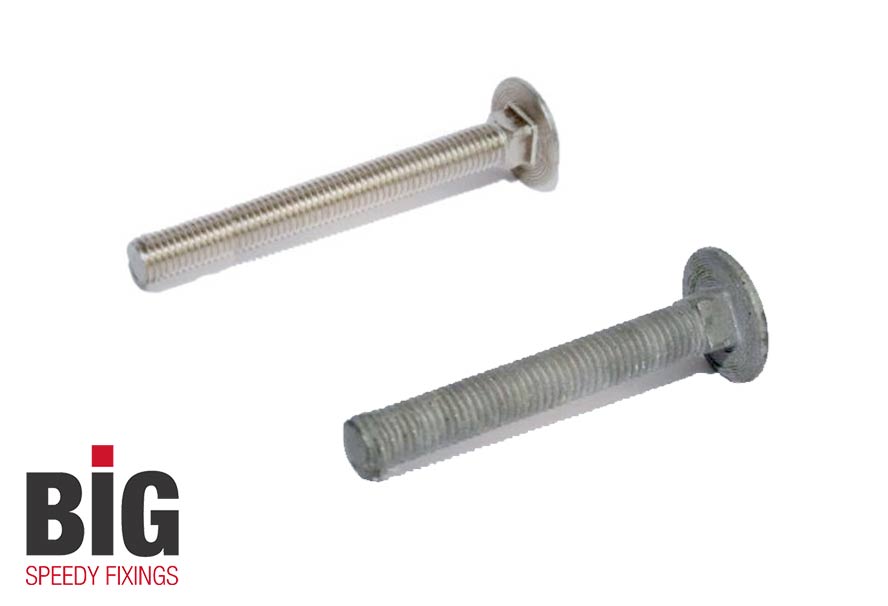Coach bolts vs coach screws
Are you in the middle of a renovation project and saw that you needed coach bolts? Now, you’re at an online hardware shop and found coach bolts and coach screws. Which one do you need? What’s the difference between coach bolts and coach screws? Today, I’m here to help and I’m not alone!
With the help of Speedy Fixings, coach bolts (and other hardware) suppliers, we’re going to answer all of your coach bolt-related questions. The team at Speedy Fixings have been manufacturing and supplying hardware and custom specials to the construction, civil engineering and similar industries for years. So, they are the right experts to talk about all things coach bolts.
What are coach bolts?
Coach bolts, also known as carriage bolts, are fasteners that feature a rounded flat head and a square shank. As Paternal Damnation comments, “The shape of the bolt’s head is specifically designed to prevent loosening and prevent the bolt from being pulled through.”

Are coach bolts the same as coach screws?
If you are asking yourself “what’s the difference between coach bolts and coach screws?” you’re not alone. A quick Google search for this question will give you a variety of others asking the same in forums online. However, instead of having to browse through thousands of answers, here’s the main difference between these fasteners.
“The main difference between bolts and screws is that screws are tapered fasteners and bolts are non-tapered fasteners. Screws either create their own thread in material or are fastened into an existing thread whilst bolts need to be fastened with a nut or washer to hold materials together.” Explains My Pinstrosity Life.
What are coach bolts used for?
These bolts are used to fix wood to metal surfaces and wood to wood surfaces. Coach bolts are ideal for applications that require a good degree of security. Applications include the construction of timber joists, decking and more.
Now, that you know everything there is to know about coach bolts – you can make your decision.
